Do you remember your first war? How does one become a war correspondent?
I've been a war correspondent for thirty years. I've been to Iraq, Afghanistan, Syria, Somalia, the Gaza Strip and lived in Yemen for six years. I remember the first war very well. I was born in Iraq, near the southern border, so I lived through the US invasion in 2003. It takes a lot of skills to be a good war correspondent.
First of all, you must also learn to fight.
I didn't do military service, but as an Iraqi I knew my way around weapons. With three decades of experience behind me, I can use them, and I can spot minefields from afar. Besides, there is a lot to learn. A war correspondent must have the place, its culture, religion, and political conditions at his fingertips. For example, when I was covering the insurgency in southern Thailand, I did a lot of reading to dig into the context.
How does your family cope with this being your profession?
It's difficult, of course. My wife does her best to provide a safe family background. But you know, if I stayed away from war, I'd go nuts. When I hear there's a war somewhere, I have to go. When the Taliban took power in Afghanistan, all my colleagues fled, because there was no telling what was coming. That's when I went there! I pretended to be an ordinary worker and filmed with a hidden camera. Maybe God chose me for this job. After thirty years, I'm thinking about retirement, but I don't know what the future holds.
Have you been in a lot of tough situations?
I got wounded six times. I got this one on my hand in Yemen when my car got shot at with a rocket launcher.
It was in Yemen that I didn't even realize for two weeks that I'd got shot in the neck. I felt the burning pain, but I didn't have the chance to go to hospital. When I finally got there, after the X-ray they asked me in surprise: what happened to you? Not everyone was as lucky as me, many of my colleagues and friends died. Houthi terrorists don't care whether or not you're a journalist.
If you are behind enemy lines, you will be shot at.
You should also know that I am a one-man correspondent. I don't have an assistant, a cameraman, an editor, I do everything myself. I have a good relationship with the tribes, so I can get close to the front line. I was one of the first to use drones. Once I sent my drone into Sanaa, and the Houthis thought I was inside. This drove them absolutely crazy. They announced on television three times that I'd been caught and killed.
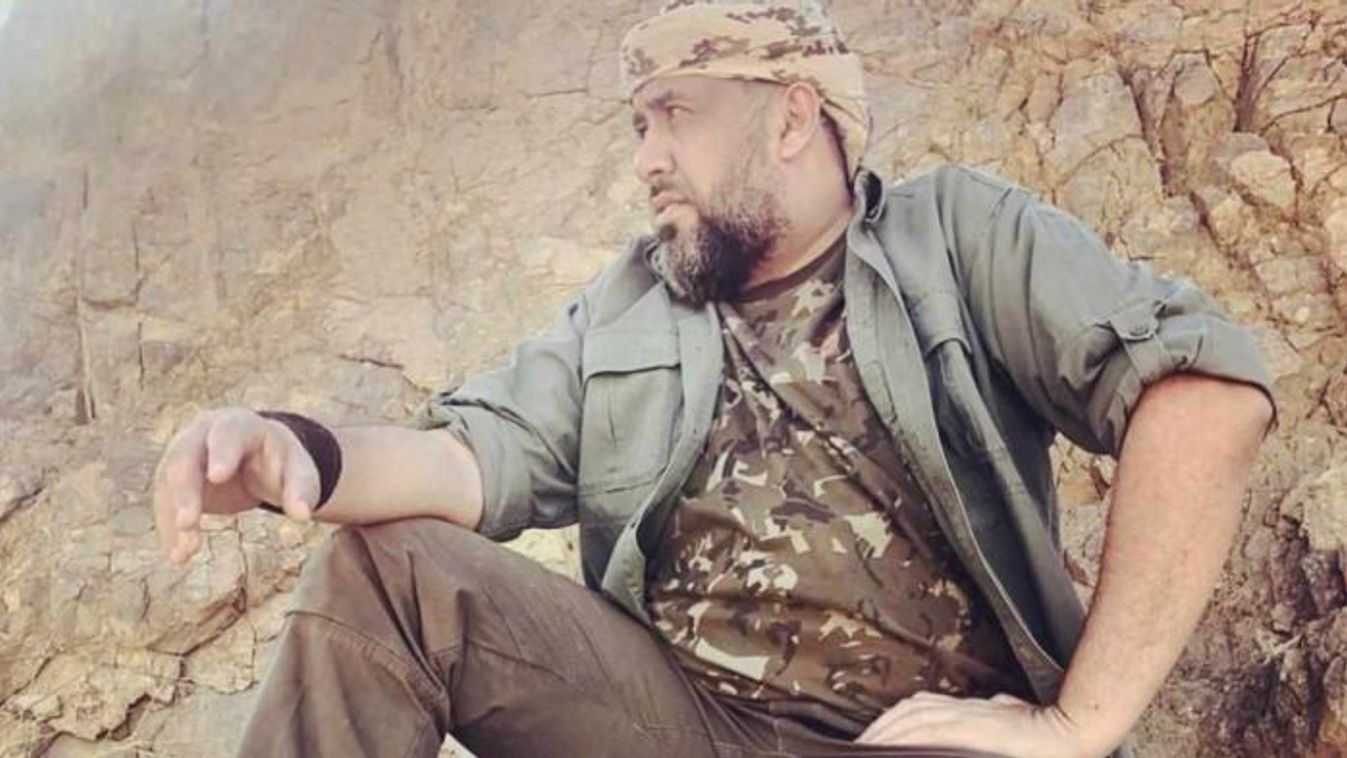
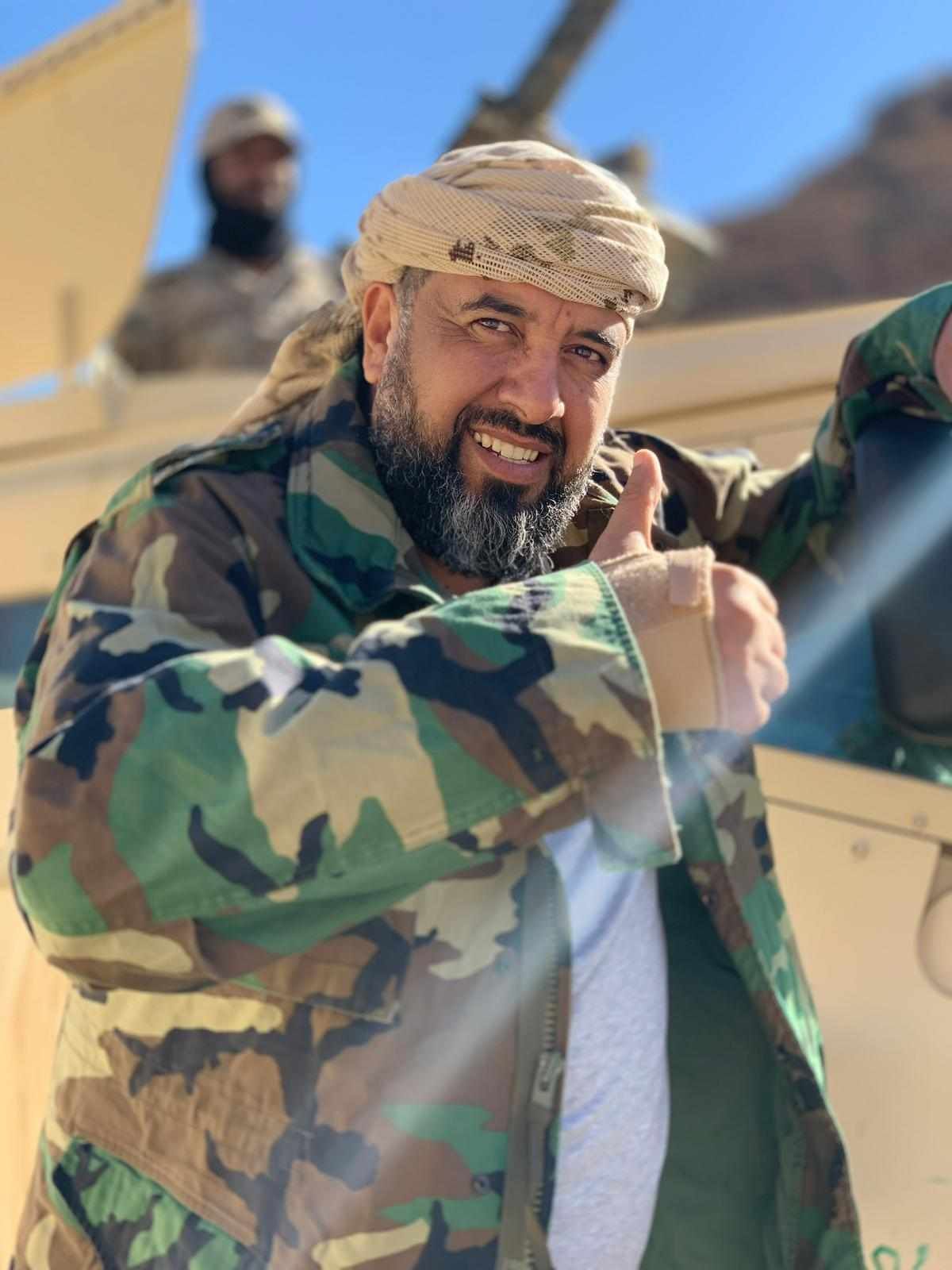
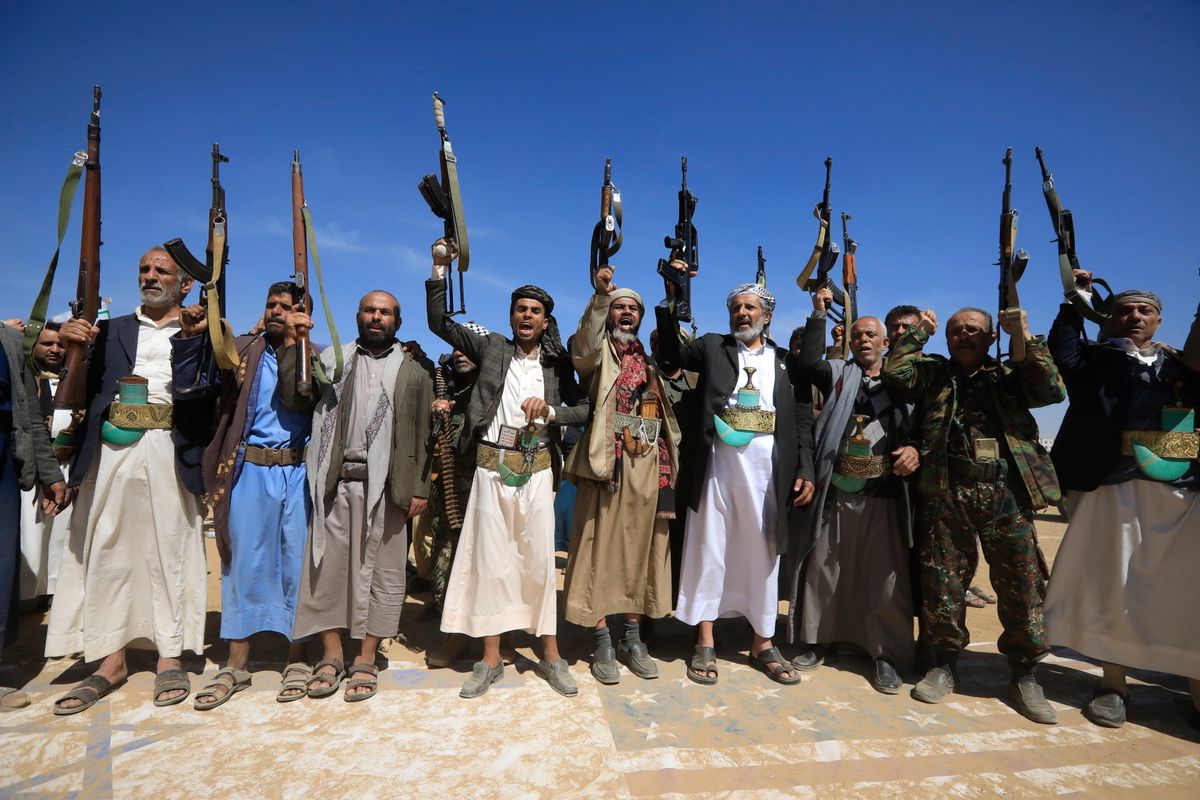
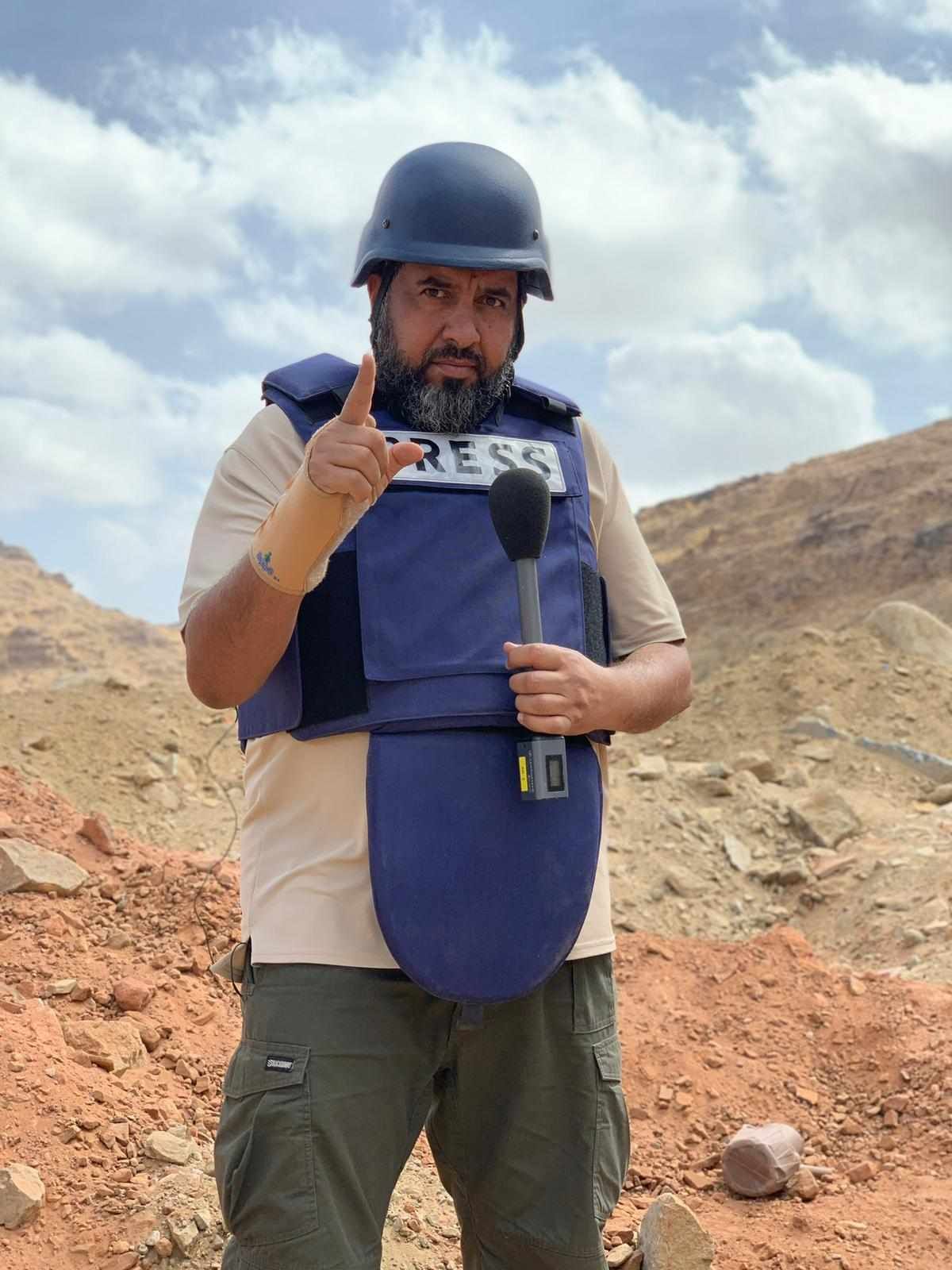
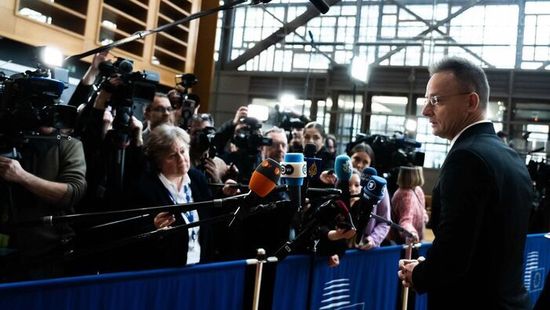




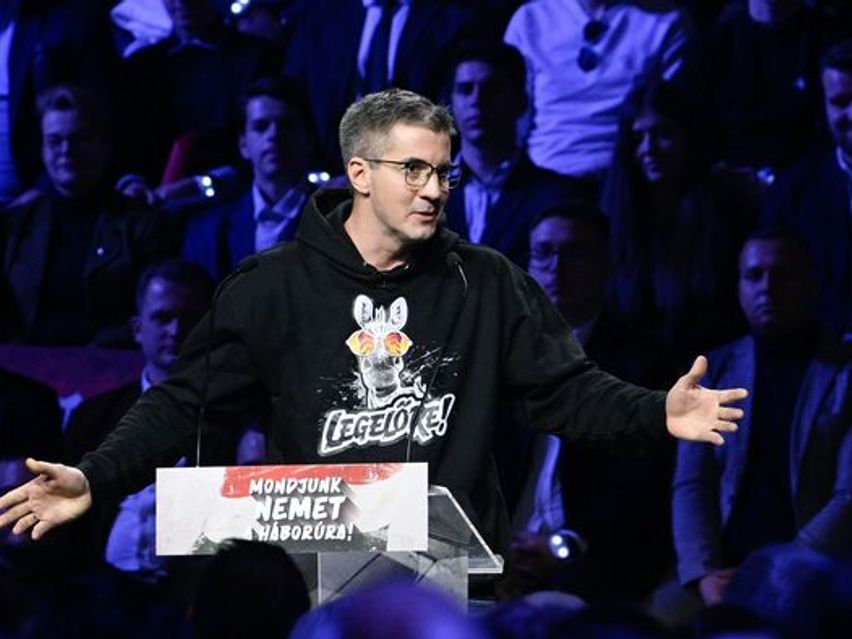
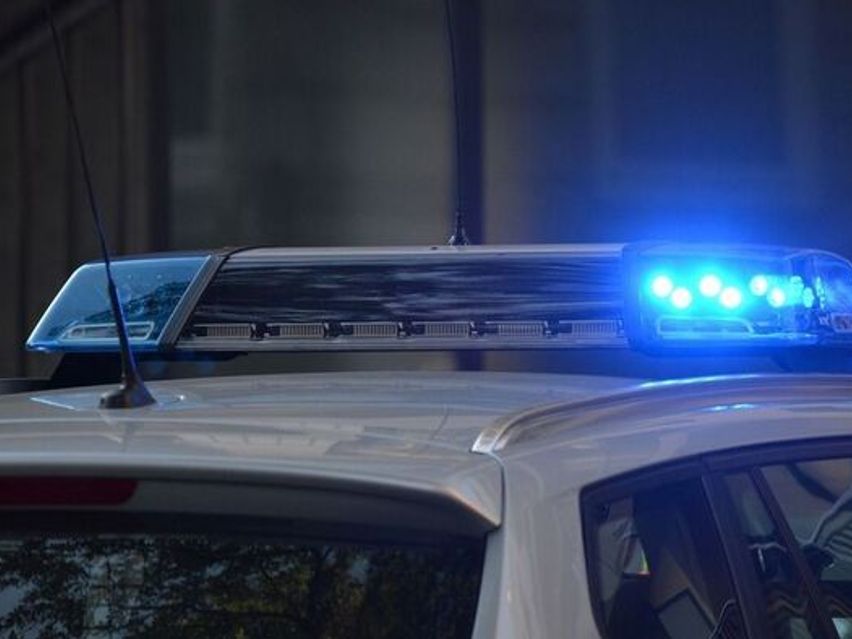

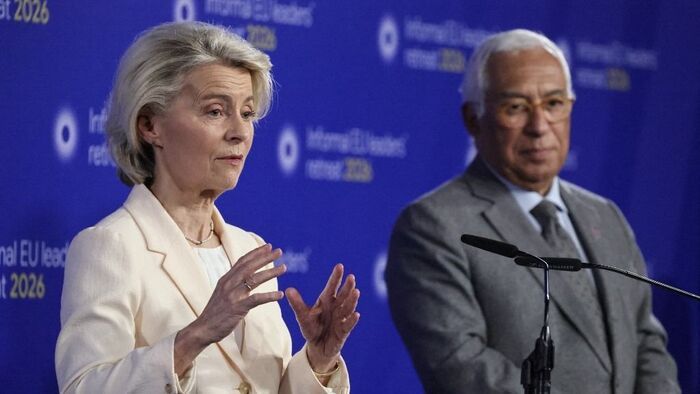

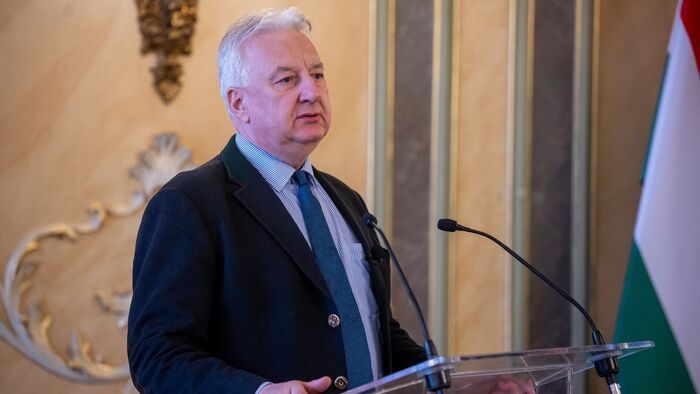
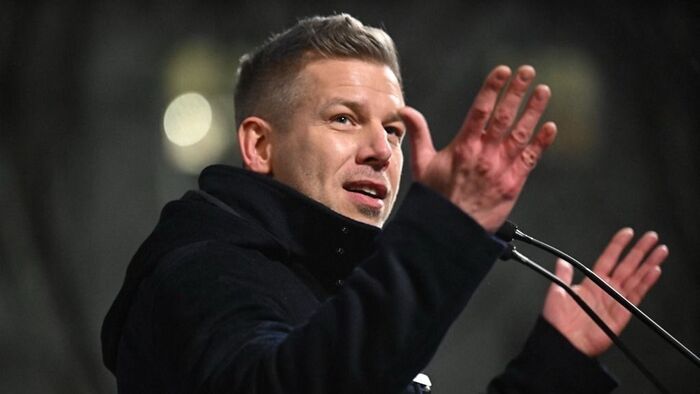
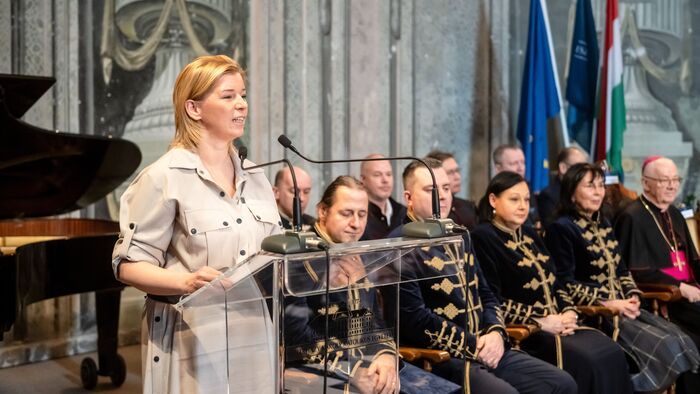
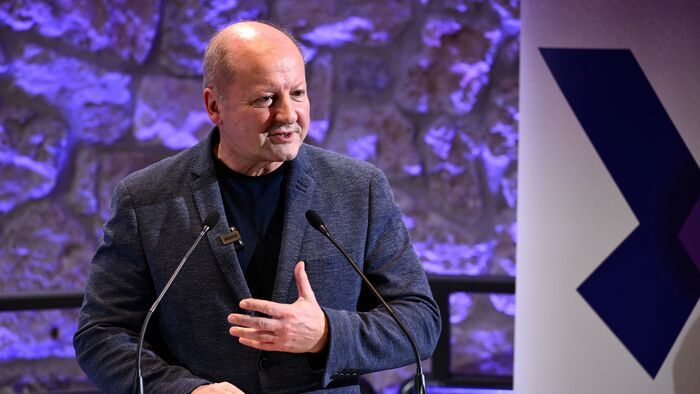
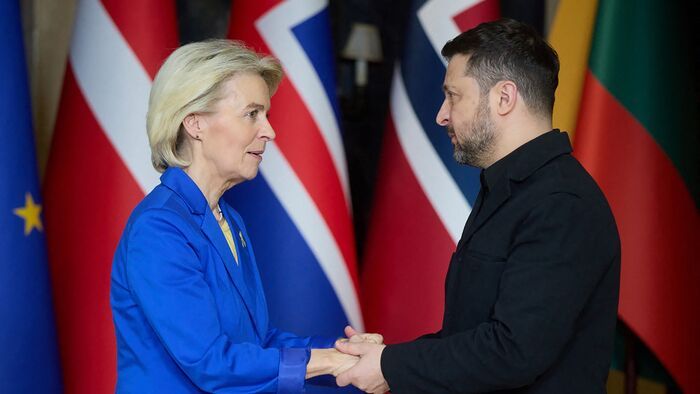

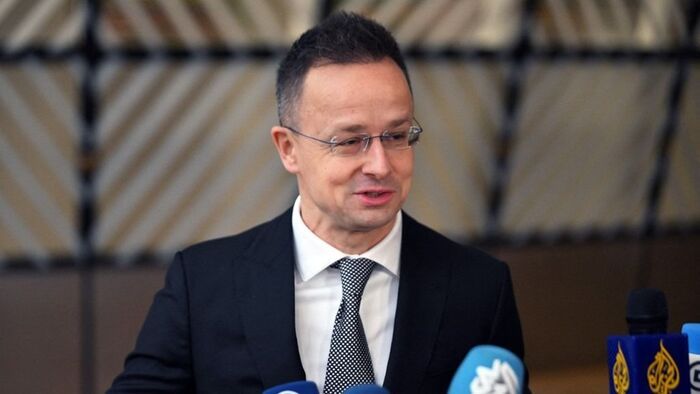

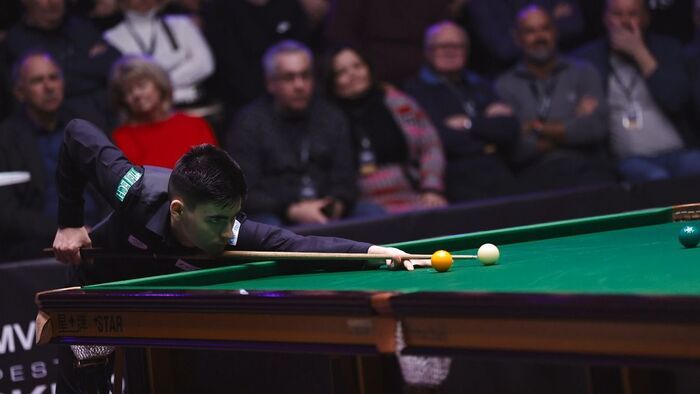
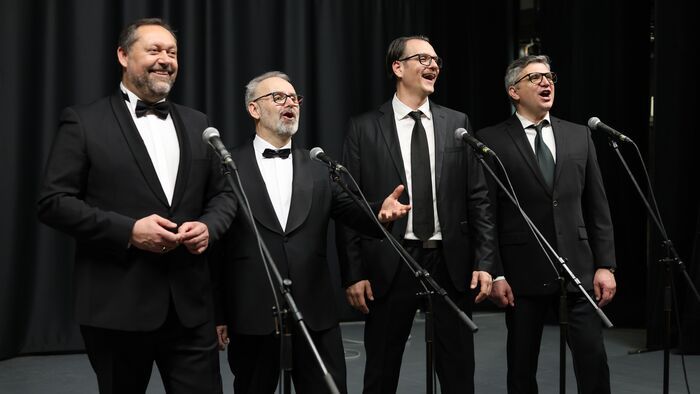


Szóljon hozzá!
Jelenleg csak a hozzászólások egy kis részét látja. Hozzászóláshoz és a további kommentek megtekintéséhez lépjen be, vagy regisztráljon!